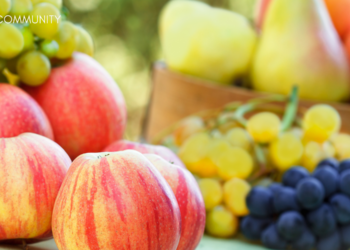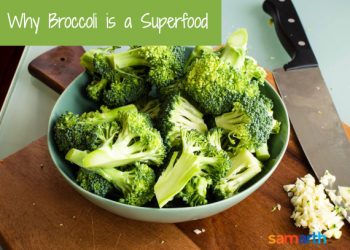Ageing is a natural part of life, and sometimes it can be challenging to cope with the changes that come with it – both physical and mental(brain health).
Age catches up with people in several ways; it is not only the body that takes the hit but also the brain. According to studies, with age, certain parts of the brain shrink, particularly those critical to learning and other complex mental activities. These types of changes can affect memory and thinking abilities and impact cognitive function, even in healthy seniors.
So, you or your loved one needing an extra moment to remember someone’s name or where you/they last saw the keys are part of the ageing process and not something to lose your mind about. Before you Google what you think is a serious health problem, such as Alzheimer’s, it is important to remember that everyone’s brain changes with age, both in terms of its size and structure, and these differences can, and usually do, impact cognitive function and ability.

Join Now >
Many people experience some form of forgetfulness as they get older, particularly in their 60s and 70s. And it can be more challenging to make cognitive connections the older you get. This can result in a senior having a difficult time focusing or hard time remembering things. However, it’s not all bad news. Research increasingly suggests that seniors who eat well and have a healthy lifestyle may be able to delay, if not avoid, the cognitive decline that usually accompanies old age. Wondering where to get started? Here is a list of our top five superfoods to boost your brain health.
Omega-3s
Omega-3s 3 have a wide range of benefits for the brain, acting as a panacea for many brain ailments and acting as the building block of the brain’s cell membranes. In fact, several studies show that it may even help slow age-related mental and cognitive decline. Low levels of omega-3 fatty acids in the blood have been linked to declining mental function, learning impairments, as well as depression.
Fatty fish such as salmon, tuna and sardines are rich sources of omega-3s. If you don’t like fish or are vegetarian, chia seeds, ground flaxseed, algal oil, and walnuts are great plant-based options for you. Algae-based omega-3 capsules are also a good option.
Berries
Strawberries, blueberries and other berries are packed with antioxidants that are great for brain health. Studies show that berries can improve your motor skills as well as your overall learning capacity.
Berries also contain fisetin, a naturally occurring flavanol known to be highly effective at generating brain cell growth. It also improves your memory and protects your body from everyday toxins and stressors. Add a handful of berries to your dessert, a cup of Greek yoghurt or munch on it as is. You can also freeze or dry them to savor the berries when they are not in season.
Avocados
With its creamy and buttery texture, avocado is rapidly gaining popularity in India. Avocados can be added to your diet differently, from salads to toasts and milkshakes. They are packed with monounsaturated fats, which is known to improve cognitive function.
They contain vitamin K and folate, which have been found to be effective in preventing blood clots in the brain and lowering the risk of strokes. Avocados also contain vitamins B and C, which help protect the brain from the damage caused by oxidative stress.
Walnuts
Looking for something healthy to munch on? Rich in vitamin E, omega-3s, folate, and magnesium, walnuts are an excellent option for snacking. Studies show that a higher overall nut intake is linked to improved brain function in older age.
Broccoli
Packed with antioxidants, Broccoli is a great option if you want to boost your brain health. Rich in compounds called glucosinolates, broccoli is known to reduce the harmful effects of oxidative stress and lower the risk of neurodegenerative diseases.
Broccoli also contains vitamin C and flavonoids, which helps to boost your brain health. A single serving of broccoli is almost 100 per cent of your recommended daily intake of vitamin K.
While eating healthy is important, staying physically and mentally active is also extremely crucial. So, make it a point to exercise your brain and your body regularly. Also, please remember that while age-related forgetfulness is not unusual, the risk of developing Alzheimer’s and dementia increases considerably with age. If you or your loved one is experiencing signs of Alzheimer’s or dementia, be sure to consult a healthcare practitioner and expert immediately.











